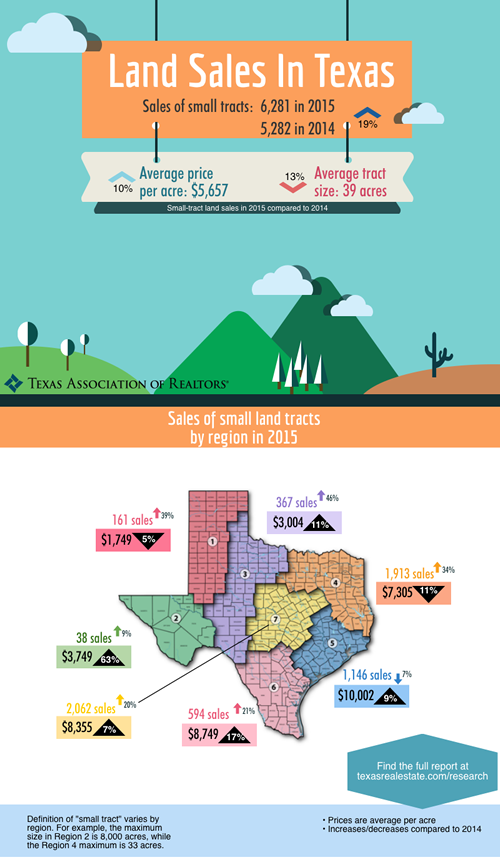In Lehman’s Terms
This election season is so full of jargon that you could play political bingo with terms like swing voters, independent expenditures, and super delegates.
My goal with this column is to translate this type of political-speak into plain language—hence the double meaning of the column’s title, “In Lehman’s Terms.”
This week I’d like to highlight a term you’re probably hearing a lot these days: grassroots.
Candidates sometimes use the term to highlight their community involvement or refer to on-the-ground support they receive from campaign volunteers. But there’s another way this term is used that doesn’t come from someone seeking your support on an election day.
The best way for me to explain is with a timely example set in the Northeast Texas city of Frisco.
The three-mile-long problem … and a solution
In the fall of 2013, an electric utility co-op announced its plans to construct above-ground transmission lines along two high-traffic roadways near residential neighborhoods in Frisco. The 120-foot-tall lines would have run for almost three miles.
Frisco’s city council opposed the co-op’s plan because the city already had plans to expand the two roads to accommodate increased traffic, and utility poles would prevent this much-needed expansion. Homeowners and prospective homeowners in the area were opposed because they knew the above-ground lines would negatively affect their property values. Other stakeholders who opposed the plan included the Frisco Chamber of Commerce, the Frisco Independent School District, and the Collin County Association of REALTORS®.
But these community members didn’t just talk about their concerns; they joined together to propose a solution: bury the lines. They knew it would take a combination of on-the-ground action and funds to support the effort, so Collin County REALTORS® contacted us at the Texas association. After reviewing the construction’s potential effect for private-property owners, TAR’s Issues Mobilization Political Action Committee—which is dedicated to local issues just like this—funded the campaign.
Stakeholders worked diligently with the co-op and Texas Public Utility Commission staff to draft an agreement that would ultimately require PUC approval. They had to explain the benefits of burying the lines, in part because it costs significantly more to bury the lines than to erect them above ground.
A triumph two years in the making
Just last month—after much give and take by all interested parties—the grassroots group took their proposal to the PUC and received the good news they were hoping for: the commission approved the plan to bury the majority of the lines.
The PUC is expected to sign the final order this week at its June 9 meeting, concluding a fight that began more than two years ago.
Grassroots in action
This kind of local involvement reminds me of a relevant quote from American cultural anthropologist Margaret Mead: “Never doubt that a small group of thoughtful, committed citizens can change the world; indeed, it’s the only thing that ever has.”
In Lehman’s terms, this local success shows that grassroots is more than a buzzword. It shows the power ordinary citizens can have when they leverage their numbers.
Mark Lehman is vice president of governmental affairs for the Texas Association of REALTORS®.
Source: Advice for Consumers RSS Feed
